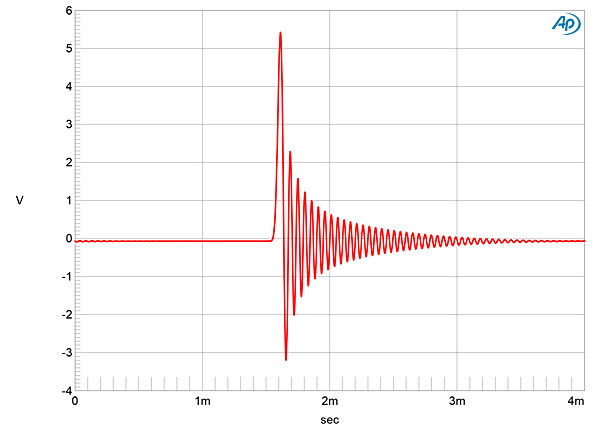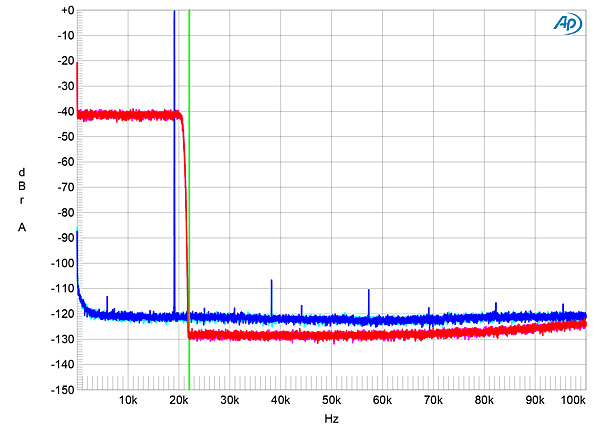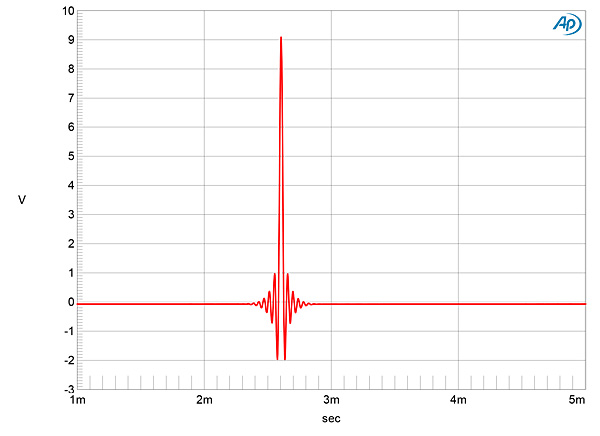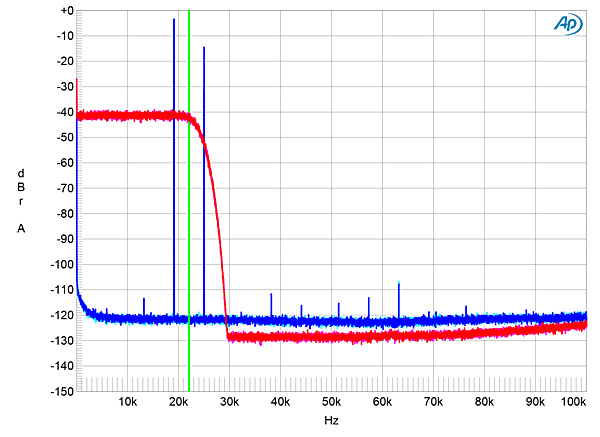adamdea
You are not a sound quality evaluation device
More like Dean Martin's point that he pitied people who didn't drink because, when they get up in the morning, that's as good as they are going to feel all day.Isn't that a bit like "how would I feel if I found out Santa Claus isn't for real?"?





